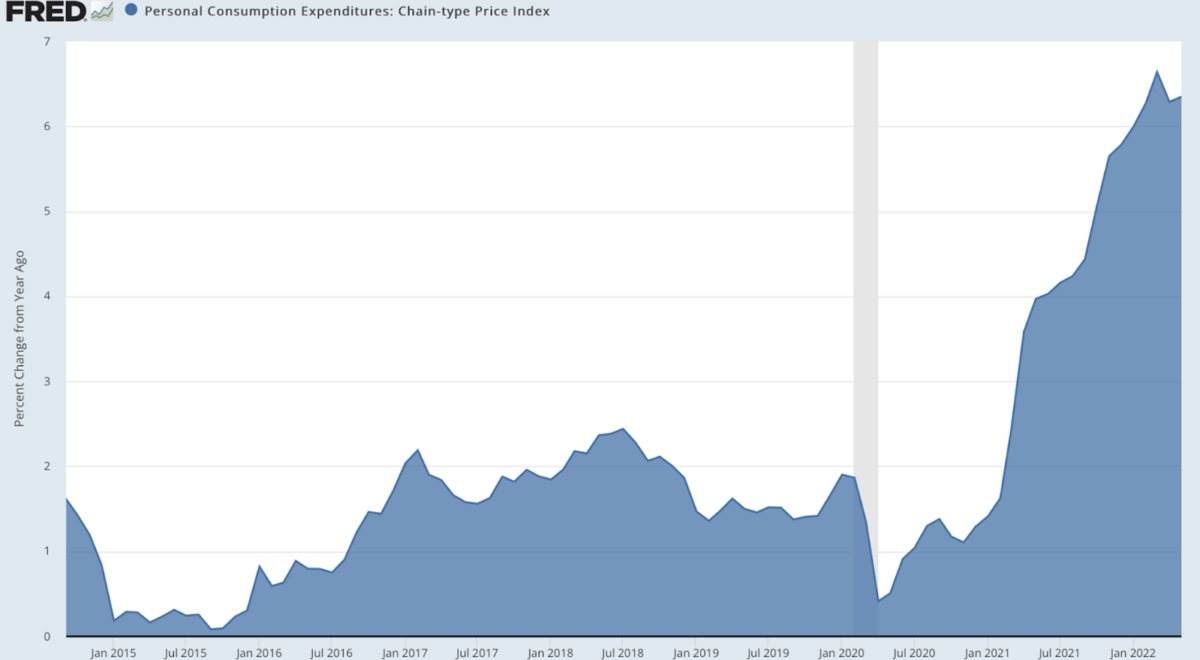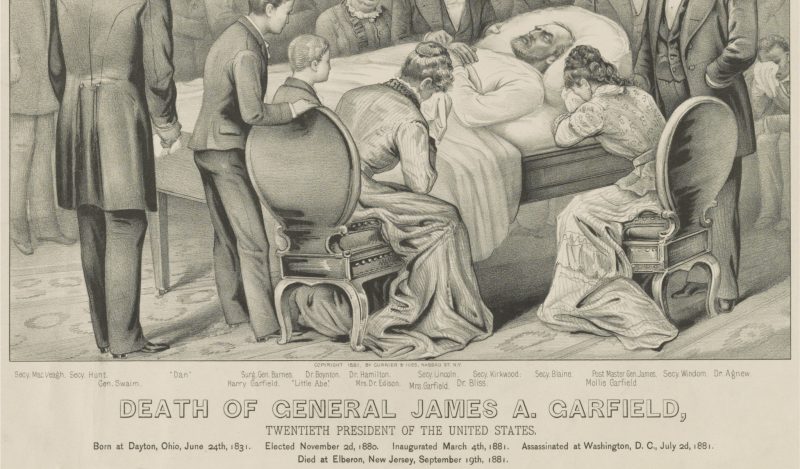 Conceived in Liberty
Conceived in Liberty by
Murray N. Rothbard
My rating:
5 of 5 stars
I confess that even as an American, I basically had no clue about early colonial history and the revolution, or civil war, as Rothbard calls it occasionally. Who knew the NY county I grew up in was a hotbed of Tory reactionaries--darn public education. There is an overwhelming amount of detail in the four volumes which, as he wrote, put the narrative back into history so that readers can judge things for themselves. Readers unfamiliar with Rothbards better known economic works will be rewarded with lots of brief observations and lessons on economics and finance. Rothbard's (aka Mr. Libertarian) anti-authority strain and democratic tendencies is epitomized by his unorthodox explanation of the Salem witch hunts. He argues that many of the accusations emanated from the elite and were actually politically motivated. It was the "revulsion of the people" and "popular petitions" that ended the witch trials.
One broad lesson he teaches is that the liberties were not to be had in America just because there was a lot of land available. It certainly helped, but there were numerous attempts to impose European style feudalism and status/caste social system throughout early American history on settlers who couldn't just pick up and go elsewhere. Another lesson is that the states had very different histories which elsewhere he has written could not really be overlooked until around 1900 when the power of the Federal government overshadowed any differences among states. In fact, he argues that the degree of resistance of oligarchies to reform was roughly proportional to the degree that a state ended up with a liberal constitution. And he makes it clear that force had to be an option, quoting a Dutch revolutionary as saying that following the American example, every man "was to be ready, 'every man with his musket.'" The principle of armed resistance on the part of ordinary colonists as opposed to relying on conventional standing armies is a major theme of the fourth volume. Perhaps he goes into too much military details for some readers, but in doing so he makes it quite clear the a people's war, or guerrilla war, was what worked and not George Washington's insistence on conventional direct confrontation with the British forces. No wonder Washington lost more battles than he won.
He approvingly quotes the historian Shy on Charles Lee, an early proponent of guerrilla warfare, though it wasn't called that at the time:"Intellectual that he was, Lee tried to see the Revolution as a consistent whole, with every aspect in rational harmony with every other. It was a fight by free men for their natural rights. Neither the fighters nor the cause were suited to the military techniques of despotism--the linear tactics, the rigid discipline, the long enlistments, the strict separation of the army from the civic life that marked Frederick's Prussia."
Another big strength of Rothbard's account is that he is not blindly devoted to any of the historical figures he covers. His command of the history and devotion to the truth allows him to chart people's adherence or divergence from the principles of liberty. And there were certainly some surprises there. "The opportunist" Benjamin Franklin was actually on the secret payroll of the Brits at one time. Even more disappointingly, Thomas Paine late in his career sold his pen to the conservative forces. Its hard to do justice to how carefully Rothbard covers all the twists and turns of individuals as they turn left and right in regards to economic and political principles. And yes, that includes George Washington.
I would say that the average reader who may not have time for all of the volumes, would perhaps enjoy volume 4 the most. All the volumes are (legally) available for free at mises.org.
View all my reviews
 The Wall Street bombing, Thursday, September 16, 1920, in the Financial
District of Manhattan, New York City. The blast killed thirty people
immediately, and another ten died later of wounds sustained in the
blast. There were 143 seriously injured, and the total number of injured
was in the hundreds. Wikimedia Commons
The Wall Street bombing, Thursday, September 16, 1920, in the Financial
District of Manhattan, New York City. The blast killed thirty people
immediately, and another ten died later of wounds sustained in the
blast. There were 143 seriously injured, and the total number of injured
was in the hundreds. Wikimedia Commons 

 The result of the Federal Reserve fighting inflation.
The result of the Federal Reserve fighting inflation.


